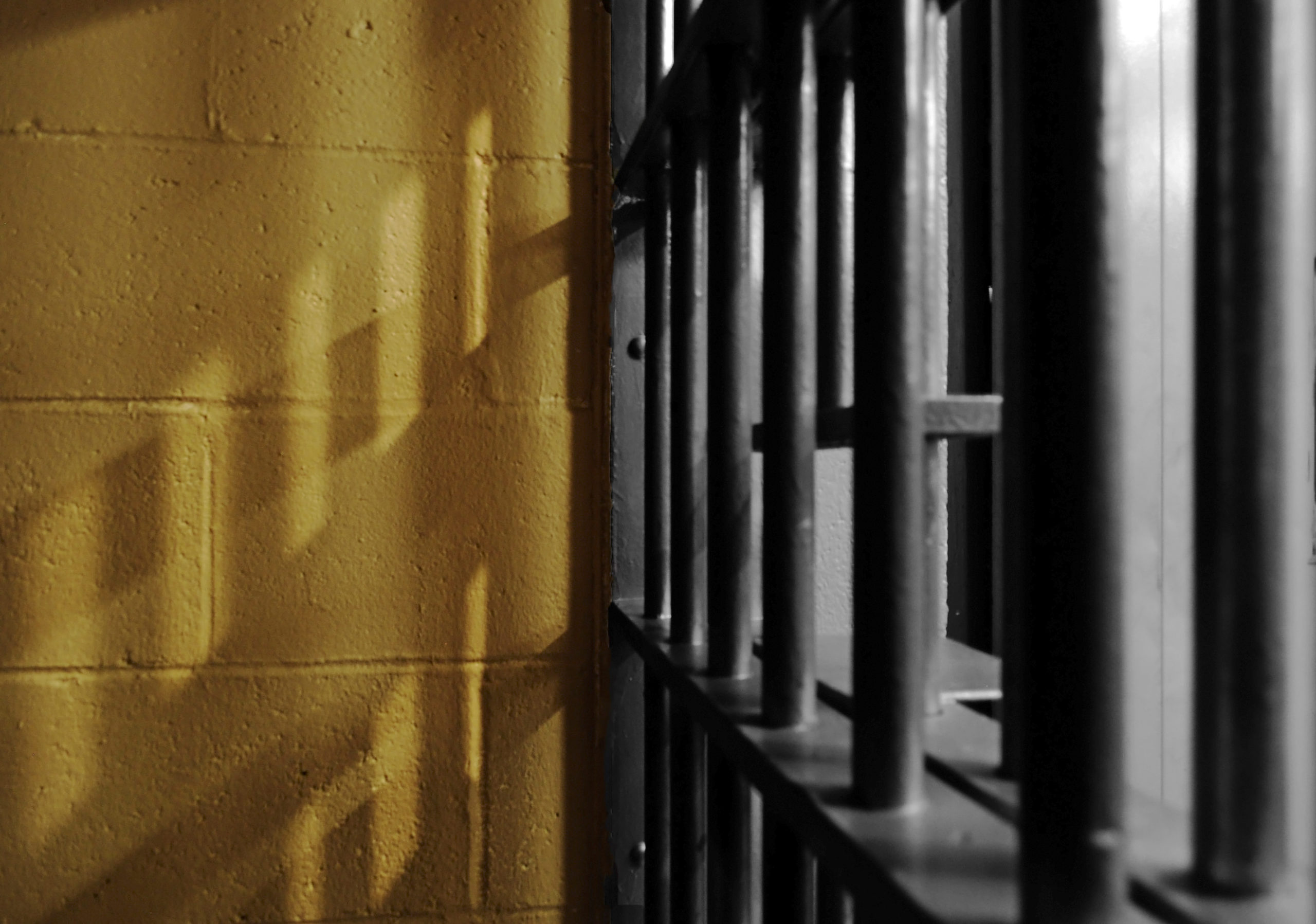Michigan Judge Refuses To Release Black Teenager Who Was Jailed For Not Doing Homework
Judge Mary Ellen Brennan sent the 15-year-old, known as Grace, to juvenile detention in May for violating her probation by not completing online schoolwork. On Monday, the judge said Grace was ‘blooming’ in the facility, despite arguments by Grace that she is falling behind.

An Oakland County, Michigan, judge is refusing to release a 15-year-old girl she jailed in mid-May for failing to complete homework while on probation, saying the girl is “blooming” at the juvenile detention facility where she is being held and will stay locked up until at least September.
The girl, known by the pseudonym “Grace” because she is a minor, disagreed, saying that she is actually falling behind in her schoolwork because the courses at the facility where she is being held, Children’s Village, are not challenging her.
Judge Mary Ellen Brennan’s decision on Monday came in the wake of widespread condemnation of her ruling in May to incarcerate Grace after determining she was in violation of her parole for being unable to complete online schoolwork when the Birmingham school district switched to remote classes in response to the COVID-19 pandemic.
Since Grace’s situation first came to light in a July 14 report by ProPublica, officials and activists including two U.S. Congressional representatives, five state legislators, officials from two local school districts, and the Oakland County Executive, have called for Grace’s release. On July 18, Michigan Radio reported that the Michigan Supreme Court’s State Court Administrative Office “is working with the Oakland County Circuit Court to examine the processes in this case,” according to spokesperson John Nevin. Nevin’s office didn’t respond to The Appeal’s request for more information.
Earl Burton, a spokesperson for Michigan Liberation, told The Appeal that roughly 200 cars and more than 300 individuals attended a July 16 demonstration outside the Oakland County Courthouse demanding Grace’s release.
While acknowledging the widespread criticism of her May decision to incarcerate Grace, Brennan said during her Monday hearing that she would not “be swayed by partisan interests, public clamor, or fear of public criticism.”
Brennan first sentenced Grace to “intensive probation” on April 21, following fights with her mother that had turned physical and Grace’s alleged theft of a fellow student’s phone. Among other conditions, Brennan required Grace to complete her schoolwork.
Grace, who, according to ProPublica, has ADHD and a mood disorder and has an Individualized Education Plan from her school, was no longer receiving her usual academic support and began missing assignments and oversleeping. Brennan sentenced Grace to incarceration after a hearing where none of her teachers were available to give evidence. Grace’s court-appointed social worker didn’t contact Grace’s teacher until three days after she told the court that Grace had violated her probation.
“Here is another instance of where a youth on probation was put in a confined setting for a behavior that is not a crime,” said Mary King, executive director of the Michigan Center for Youth Justice. “We only know about Grace because the mother reached out to a reporter. Because there is no system for reporting such situations on the youth justice system, we have no idea how many other ‘Graces’ there are.”
Jacqueline Elliott, a spokesperson for U.S. Representative Brenda Lawrence, told The Appeal that Lawrence is in contact with Oakland County officials to see what can be done to assist Grace. Incarcerating Grace, Elliott said, is not in the interest of “health and safety, [there is] no extenuating circumstance that calls for her to be placed in the facility.”
In her July 15 statement about the case, Lawrence said “COVID-19 has peeled away the veneer of fairness and exposed the lack of equality in mental health care and the equitable application of justice in the legal system. Children of color, in particular, are the victims of heavy-handed, unbalanced incarceration sentences.”
ProPublica reports that, despite making up only about 15 percent of the county’s youth population, 42 percent of the 4,800 juvenile cases referred to the Oakland County court involved Black children. The disparity has remained consistent during the COVID-19 crisis. Between March 16 and June 29, during which time Michigan’s courts have limited their operations to contain the spread of the coronavirus, more than half of the 24 Oakland County youth delinquency cases that resulted in a detention sentence involved Black youth.
“We get profiled just driving through the neighborhood [in Oakland County],” Cherisie Evans, a core team member with Michigan Liberation, told The Appeal, “so imagine living there.”
COVID-19 also endangers youth with sentences. Across Michigan, at least 29 youth and 10 staff in the state’s juvenile facilities have tested positive for COVID-19, according to Joshua Rovner, senior advocacy associate for The Sentencing Project. Rovner has been tracking the spread of the virus in juvenile facilities nationwide.
Rovner added that his estimate is based on news reports. “This research is hampered by a lack of testing and lack of reporting,” he said.
Children’s Village did not respond to a request from the Appeal to confirm the number of its staffers that have tested positive for the virus.
